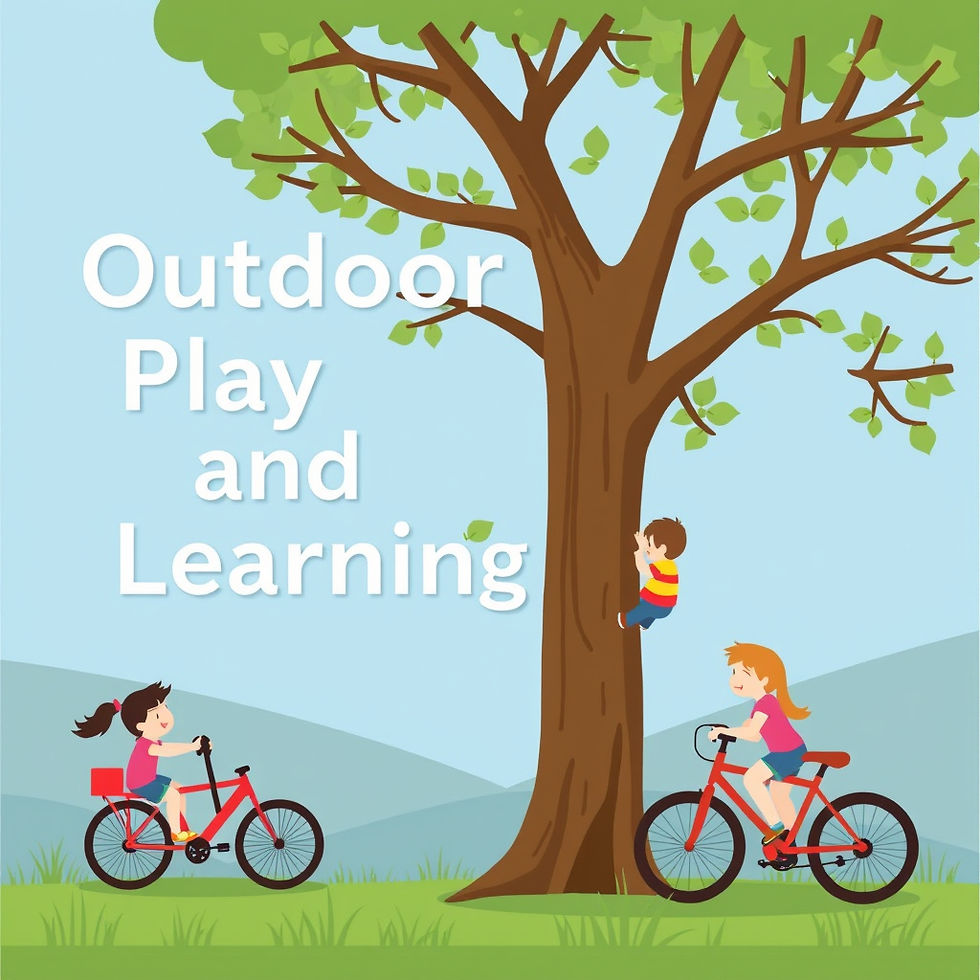
Unleashing the Power of Play: OPAL
OPAL (Outdoor Play and Learning) recognises that in the seven years that a pupil attends school, 1.4 years of that are spent at playtime. This is 20% of a child’s play – the same amount of time spent on core subjects such as English and Maths. OPAL is a programme that allows children to access opportunities for physical activity, socialisation, co-operation, co-ordination, resilience, creativity, imagination and enjoyment through improved play.
At Orchard Primary and Nursery School, we are fully committed to providing quality play opportunities for all our children. We recognise that play is a crucial element in fostering the physical, emotional, social, spiritual, and intellectual development of each child. Some of our fondest childhood memories are rooted in outdoor play—climbing trees, exploring the world around us, and creating lasting connections with our surroundings. With OPAL (Outdoor Play and Learning), we aim to impart these enriching experiences to your children.
OPAL is centred around utilising both natural and man-made resources, offering children the chance to be inspired and creative during playtime. But what does this mean for us at Orchard Primary and Nursery School?
.png)
Play Policy
At Orchard Primary and Nursery School, we believe that play is essential for children’s development, wellbeing, and learning. Through our Outdoor Play and Learning (OPAL) programme, we are committed to creating a rich, engaging, and inclusive play environment where every child can thrive. Our Play Policy ensures that children have access to varied and stimulating play opportunities that encourage creativity, teamwork, problem-solving, and resilience. We embrace all-weather outdoor play, promote imaginative and adventurous activities, and encourage children to take appropriate risks in a safe and supportive setting. By valuing play as a fundamental part of the school day, we help children develop important life skills while having fun.
Play Policy 2024-2026 (updated)
4.6 GUIDANCE Health and Safety Executive (HSE) – Managing Risk in Play and Leisure (1).pdf
Playwork Principles Appendix 2.pdf



Types of Play
At Orchard Primary and Nursery School, we recognise that play comes in many forms, each supporting children’s development in unique ways. Through our OPAL (Outdoor Play and Learning) programme, we encourage a wide range of play experiences, helping children build essential life skills while having fun.
-
Physical Play – Activities like climbing, running, and balancing help develop coordination, strength, and confidence.
-
Social Play – Playing with others teaches teamwork, communication, and problem-solving skills.
-
Imaginative Play – Role-play and storytelling spark creativity and help children explore different perspectives.
-
Exploratory Play – Investigating natural materials, building structures, and experimenting with objects nurture curiosity and critical thinking.
-
Creative Play – Drawing, painting, and making things allow children to express themselves and develop fine motor skills.
-
Risky Play – Encouraging children to assess and take appropriate risks helps build resilience and decision-making skills.
-
Reflective Play – Quiet activities like reading, puzzles, or mindful moments support emotional wellbeing and self-awareness.
By providing opportunities for all these types of play, we create a rich and engaging environment where children can learn, grow, and develop essential skills for life.


OPAL Newsletter
Got a question? Contact us today!

.png)